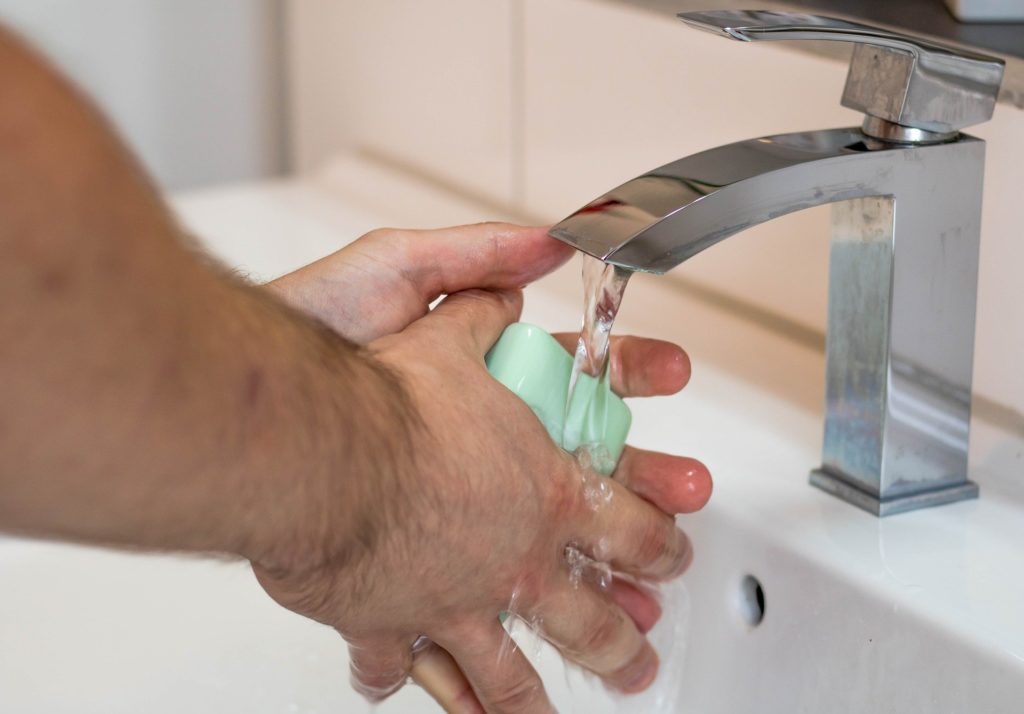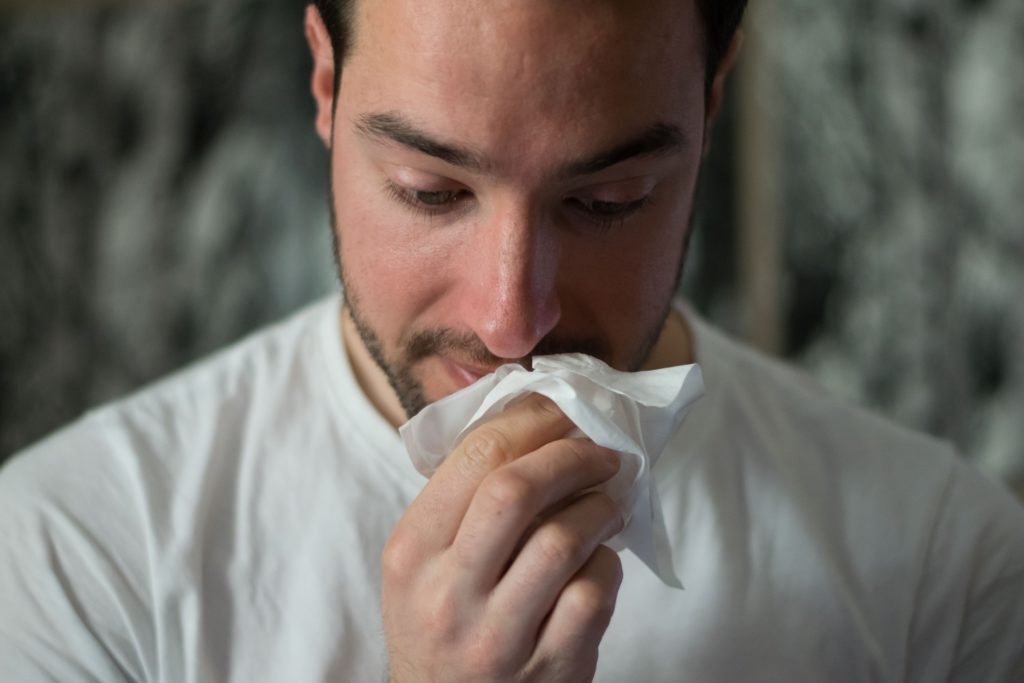Are you concerned about how to get through the ‘flu season?
We’ve pulled these 10 PRACTICAL TIPS from the World Health Organization website:
Tips For Dealing With ‘Flu Season:
- Wash hands (up to your wrists) frequently with soap and water for a minimum of 20 seconds, and especially after using the restroom, before and after eating, or when using shared tools or devices
- Avoid touching your face with unwashed hands
- Sneeze and cough into a tissue (then wash hands) or into your elbow
- Use greetings that do not require physical touch: “Namaste”, a subtle bow, placing your own hand over your heart, etc. are all warm and welcoming greetings that do not require touch
- Don’t share eating or personal grooming utensils with others
DOWLOAD OUR FREE POSTER ON THIS TOPIC

6. Don’t stand or sit too close: keep a distance of about 1 metre around you whenever possible
7. Regularly sanitize common/shared work areas or surfaces with soap and water or sanitizer
8. Regularly sanitize hand-held devices like cellphones, computers, desk-phones, pens, calculators, printers, remote controls, etc.
9. Only people directly caring for sick individuals, or those who are themselves ill, should wear face masks, according to the World Health Organization. Healthy individuals are more at risk of getting ill from wearing masks because they may trap and promote virus growth in the moist conditions that typical face masks create. Also, face masks need to be replaced every few hours to remain effective, so Public Health departments ask that we preserve these limited supplies for frontline healthcare workers and diagnosed individuals with symptoms
10. Protect our most vulnerable citizens and our health system by limiting or avoiding physical contact whenever possible with the immune-compromised, the elderly, or those with underlying health conditions such as respiratory disease, diabetes, heart disease etc.
This information is provided as useful tips, and does not replace the medical care and advice of licensed medical professionals and public health department recommendations.










